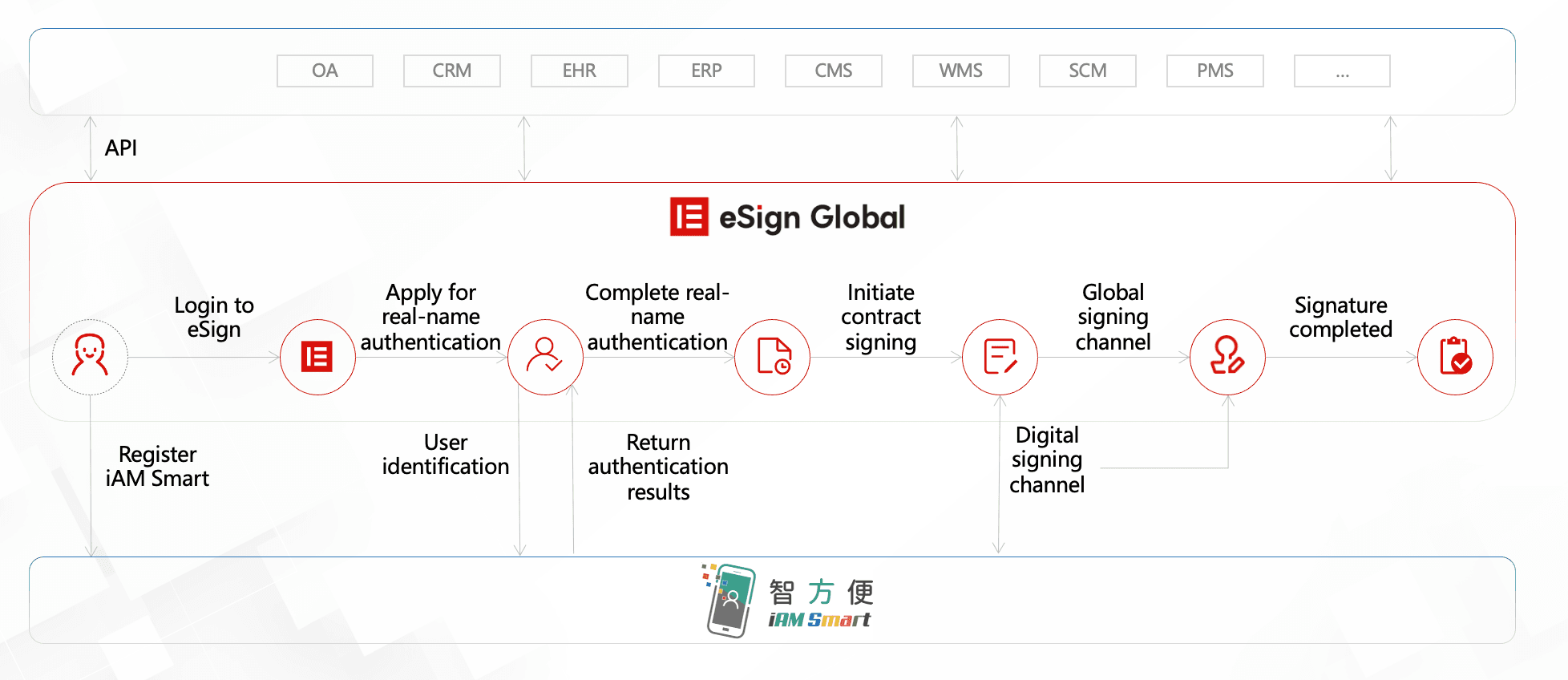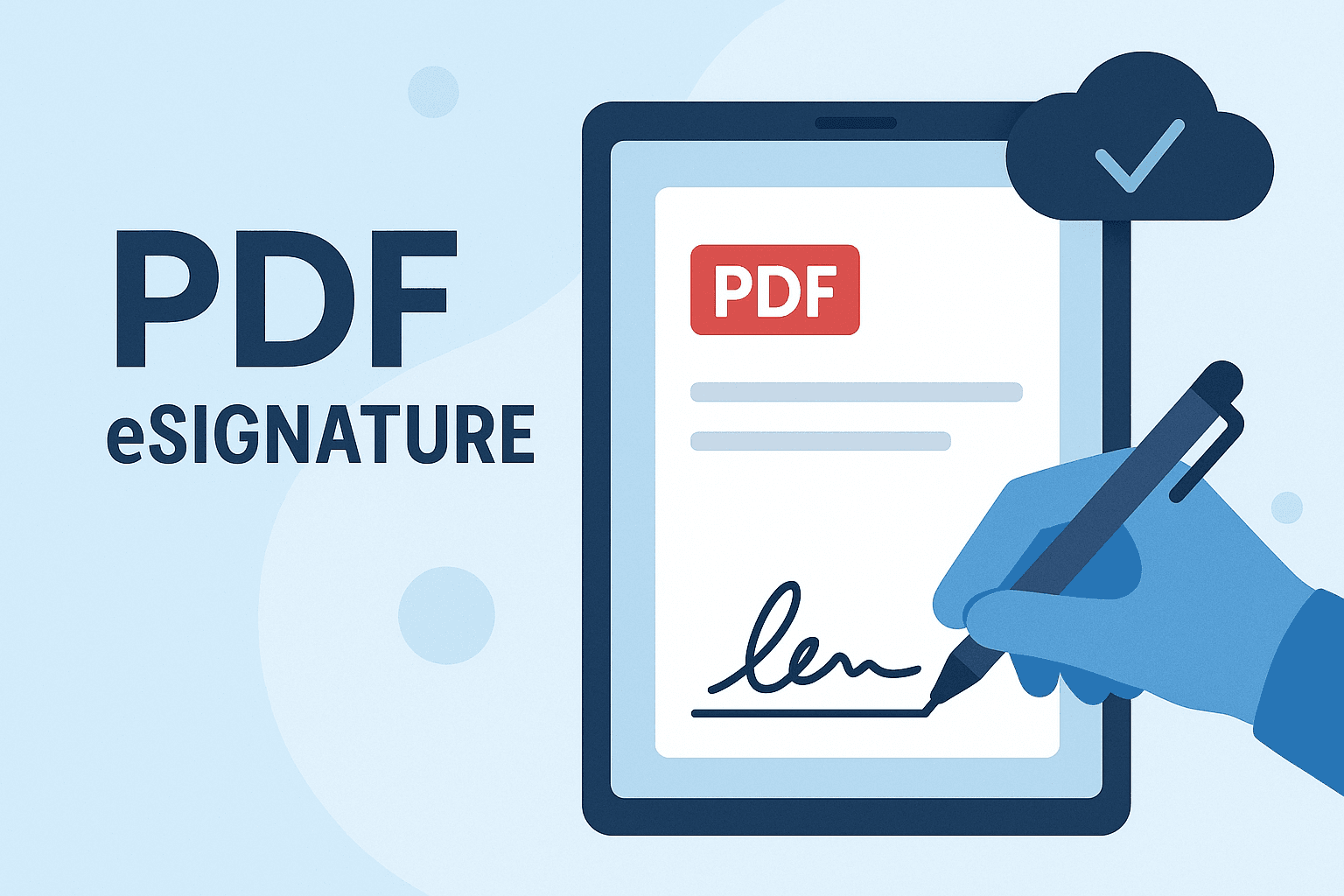What is the difference between a digital signature and a digital certificate?





What Is the Difference Between a Digital Signature and a Digital Certificate?
In a world increasingly dominated by online transactions and digital documentation, terms like “digital signature” and “digital certificate” are becoming more common. Although often used interchangeably, especially in non-technical discussions, these two concepts differ significantly in purpose, use, and compliance implications. Understanding these differences is crucial (especially in jurisdictions like Hong Kong and Southeast Asia, where legal terminology aligns with specific statutory definitions) for businesses and individuals dealing with electronic documents.
In this article, we’ll break down the technical and legal distinctions between digital signatures and digital certificates and help you understand how they work together to ensure document security, authenticity, and integrity.
Digital Signature: What It Means
A digital signature is a cryptographic mechanism used to validate the authenticity and integrity of digital documents or messages. It’s more than just a scanned autograph—it uses encryption and hashing algorithms, specifically Public Key Infrastructure (PKI), to mathematically tie a signer to a particular document.
When a signer digitally signs a document, the following actions take place:
- A unique hash (a fixed-length cryptographic code) of the document is created.
- This hash is encrypted using the sender’s private key, creating the actual digital signature.
- The document, along with the digital signature, is sent to the recipient.
- The recipient then uses the sender’s public key to decrypt the signature and compare the hash — confirming whether the document was altered or not.
In essence, the digital signature ensures that:
- The document was signed by the claimed party (authentication).
- The content was not altered post-signing (integrity).
- The signer cannot deny their involvement (non-repudiation).
Digital signatures are recognized under the UNCITRAL Model Law on Electronic Commerce and various local regulations, such as the Electronic Transactions Ordinance (Cap. 553) in Hong Kong, which differentiates between “electronic signatures” and “digital signatures” with stricter legal requirements for the latter.

Digital Certificate: An Identity Validator
A digital certificate, on the other hand, is a type of electronic “passport” issued by a trusted third party called a Certificate Authority (CA). It links a public key with the identity of its owner. In short, it confirms that the public key used to verify a digital signature actually belongs to the person or entity claiming ownership.
The digital certificate includes:
- The public key
- Certificate holder’s name or business identity
- Expiration date
- Serial number
- The digital signature of the CA
Digital certificates conform to the X.509 standard and form the backbone of digital trust in secure communications. Think of it as the trust mechanism that allows recipients of signed documents to verify, without a doubt, who signed them.
Under Hong Kong law, for instance, a recognized digital certificate issued by a recognized Certification Authority grants the status of a “digital signature” with higher trust compared to a simple electronic signature. The same applies in major Southeast Asian countries where national PKI frameworks are in place, such as Singapore’s Netrust model and Malaysia’s Digital Signature Act 1997.

Key Differences Between Digital Signature and Digital Certificate
| Feature | Digital Signature | Digital Certificate |
|---|---|---|
| Purpose | Authenticates document integrity and signer | Confirms identity of the signer/public key |
| Created By | The signer via software using private key | A Certificate Authority (CA) |
| Legal Recognition (HK/SEA) | Requires recognized digital certificate issuance | Acts as proof of identity for validation mechanism |
| Based On | Cryptographic hash + private key | Personal or organizational information + CA trust |
| Role in PKI | Verifies that document is unchanged and authentic | Binds identity to the public key |
Put simply: the digital certificate vouches for the authenticity of the signer, and the digital signature ensures the document hasn’t been tampered with.
How They Work Together
Digital signatures and digital certificates are not independent—they function as two halves of a secure workflow in identity-based cryptographic systems.
For example, when you receive a digitally signed document:
- You validate the certificate (i.e., is it issued by a trusted CA and still valid?).
- You use the certificate’s public key to verify the signature.
- If successful, you trust both the document integrity and signer’s identity.
This synergy becomes especially important in cross-border transactions in regulated regions like Hong Kong or Southeast Asia, where trust anchors like recognized CAs and compliant software platforms are mandated by law.

Legal and Regulatory Context: Hong Kong and Southeast Asia
Many governments in Asia have formalized electronic and digital signatures through specific statutes. For example:
- Hong Kong: Under the Electronic Transactions Ordinance (Cap. 553), only digital signatures backed by a certificate from a recognized CA have equivalent legal status to handwritten signatures.
- Singapore: Uses the Electronic Transactions Act (ETA), with provisions for “secure electronic records” and “secure electronic signatures.”
- Malaysia: Enforces the Digital Signature Act 1997, requiring digital signatures to be supported by licensed certification authorities.
The takeaway? In these regions, a digital signature without a valid digital certificate may not hold sufficient legal weight—especially when compliance or verification disputes arise.
Why Does This Matter for Your Business?
Whether you’re managing contracts, financial records, or HR documents, distinguishing between digital signatures and digital certificates is crucial when:
- Ensuring compliance with local and international regulations.
- Choosing a secure and legally recognized eSignature platform.
- Avoiding legal pitfalls in cross-border document exchanges.
A document signed without proper certification may be invalid in court, even if it appears “digitally signed.” That’s why more businesses, especially in regulated industries, opt for legally sound digital signature providers compliant with local laws.
Choosing the Right Platform: Go Regionally Compliant
If you operate in Hong Kong or Southeast Asia, you need a digital signing solution that goes beyond just encrypting documents. You need jurisdictionally aligned solutions that offer:
- Local CA recognition
- Region-specific legal compliance
- Easy integration with PKI frameworks
DocuSign is a widely known international brand—but some of its services may not align strictly with local digital signature requirements. For this reason, local businesses may prefer an alternative that ensures compliance within Hong Kong and Southeast Asian legal frameworks.
eSignGlobal is emerging as a regionally compliant and cost-efficient alternative to global e-signature providers. With local standards compliance and integration with recognized CAs, it provides a complete digital trust infrastructure.

Final Thoughts
Understanding the difference between a digital signature and a digital certificate is essential for staying legally compliant and secure in today’s digital-first environment. Remember:
- A digital signature secures the document.
- A digital certificate authenticates the signer.
Together, they form a trustworthy mechanism for conducting legally binding transactions—especially in legally-sensitive regions such as Hong Kong, Singapore, and beyond.
Choose a solution like eSignGlobal that combines local compliance with global standards—ensuring every signature you make is trusted, verifiable, and legal.

 Only business email allowed
Only business email allowed


